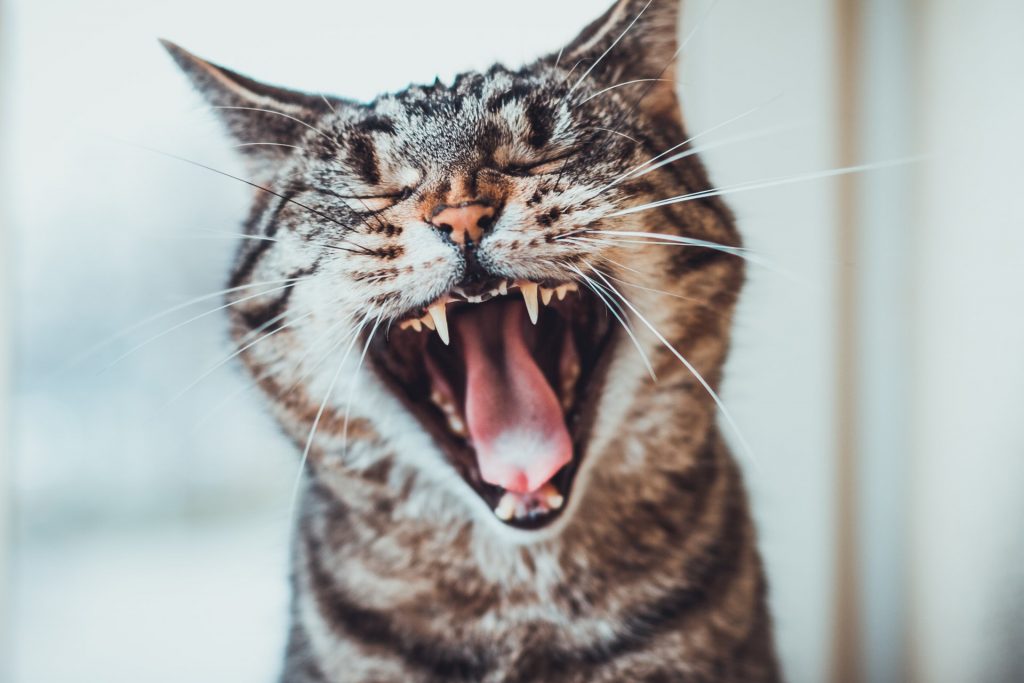There is so much you can do to help your pet’s teeth stay healthy. Here are our top tips:
- Clean their teeth. This is the number one way we can prevent dental disease in our pets! This should be performed daily using a pet toothpaste.
- A super premium, hard, dry food. We feel most of a pet’s diet should be dry food and our number one reason for this is dental health. By crunching into these biscuits daily they are removing plaque and tartar and some foods even offer additional ingredients to reduce gingivitis. For some patients a prescription dental food may be recommended such as Hill T/d. Speak to your vet for more information.
- Dental treats. Treats such as Greenies help to reduce plaque and tartar as well as improving breath.
- Water additives such as Oxyfresh. This is a tasteless, odourless liquid added to your pet’s water bowl that freshens breath and promotes healthier teeth and gums using the patented formula Oxygene and Zinc.
- Bones are a controversial topic in the vet world but for many pets we do recommend them. Read here for more information.
- Twice yearly dental checks. We will perform a dental check as part of any routine consultation but also offer free dental checks throughout the year. This means any dental disease can be identified and dealt with early.
- Annual scale & polishes. Many pets would benefit from an annual scale and polish procedure, much the same way we do. For pets this does involve a general anaesthetic but this is a quick, non-invasive procedure compared to waiting for major dental issues and we feel the benefit of healthy teeth vastly outweighs the risk of the anaesthetic.
We offer year-round free dental checks and can create a customised dental care plan for your pet based on what suits them.



